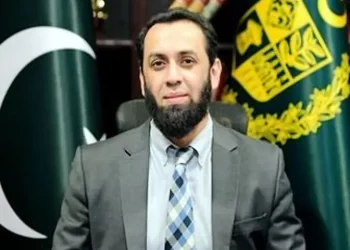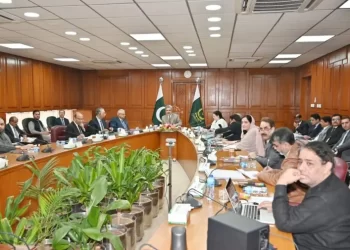Our experts choose the best products and services to help make smart decisions with your money (here’s how). In some cases, we receive a commission from our partners; however, our opinions are our own. Terms apply to offers listed on this page.
- Growing up, my parents believed money was hard to come by and that nobody likes their job.
- Becoming financially secure has started with creating a money ecosystem.
- I’m building my skills so that my career reflects my values and goals.
My parents were vastly different in their attitudes and styles with money. My mom tried to give everything her children wanted and made it a priority to afford annual family trips to Hawaii. My father, on the other hand, was known to be a cheapskate and would only take my older brother and me out to eat on “kids eat free” Tuesdays at chain restaurants.
That being said, as immigrants from Vietnam, both felt that money was hard to come by, you should save as much as possible, and nobody likes their job. In turn, you should take any decent-paying job that would hire you. My mom worked for nearly 30 years as a charge nurse in convalescent care, while my father largely worked as a civil engineer for the county.
So when I decided to be a self-employed freelance writer about 10 years ago, the idea was a bit alien to my parents. As I learned the ropes of building my own freelance business, I realized that I had a scarcity mentality with work and my money. For instance, I had trouble saying “no” to work, worked myself to the point of exhaustion, and tended to stockpile funds so I would be ready for any lull.
It’s taken a lot of effort and is a constant work in progress, but here’s how I’m working toward building a freelance business that’s in step with my values and purpose.
See Insider’s picks for banks with budgeting tools »
1. I’ve created a money ecosystem
After a series of missteps and fumbles, I think of my financial security as somewhat untethered to my client work. In other words, should I lose a client, I’ll have my “money ecosystem” to tide me over. This includes:
- Having a separate business account and business credit card. This helps me manage my business expenses and keep track of cash flow.
- Knowing what my business expenses are and making tweaks as needed.
- Creating a savings account for my business, and contributing regularly to my savings.
- Contributing when I can to my retirement plan.
- Having a buffer fund, which I can tap into during lulls or when I would like to take a short sabbatical.
- Setting up an LLC with an S-Corp tax election, which means I pay myself the same each month.
- Knowing my “earning minimum” so I can say no to assignments and maintain a life-work balance.
- Getting into the mindset that I’m solely responsible for my financial well-being.
See Insider’s picks for the best online financial advisors »
2. I prioritize volunteering and free time
Growing up, my mom would say that the day you stop working is the day you die. This is coming from a woman who raised two kids on her own and worked two full-time jobs at one point.
It took quite an adjustment for me not to feel obliged to work 40 hours a week, or that I needed to adhere to traditional working hours. As a natural early bird, I start my workday in the wee hours of the morning. I take a morning off here and an afternoon off there as time permits to volunteer, exercise, and engage in hobbies. I take breaks when I need them to prevent freelancer burnout and mental exhaustion.
On the flip side, I also sometimes work on the weekends to get ahead or when I take a weekday off. And I don’t mind checking emails and working a few hours a day during workcations.
3. I’m diversifying my business
Freelance coach Austin L. Church writes that there are four career stages for freelancers: moonlighter, hustler, lifestyler, and diversifier. Right now I’m at the “lifestyler” stage, and have gained confidence as a freelance writer and am ready to diversify my income. And because I’ve set aside a business budget and have some savings stashed away, I am in a comfortable spot where I can devote some time toward my side endeavors.
This means expanding my skill set and know-how. Ways I’ve done that have included becoming an accredited financial coach, running an immersive art gallery, and building my business as a financial educator and coach. I’ve also expanded how I make money through working on a book that I’ll be self-publishing and starting an Etsy store selling stickers and stationery.
4. I refer to a spectrum of values and priorities
In order to pursue work with intention and that’s in line with what’s most important to me, I think of job opportunities as falling on a spectrum of values. For instance, some of my top values are increasing my own financial literacy, financial security, and opportunities to be creative and help others. Having this spectrum helps me decide on what assignments and projects will be most meaningful.
Freelancing can be feast or famine, so creating a values-based business isn’t easy — especially if you’re like me and you’re prone to falling into a scarcity mentality because of your upbringing. But I’ve found that creating a money ecosystem and making pivots that are closer in line with my priorities is getting me closer to creating such a freelancing business.









